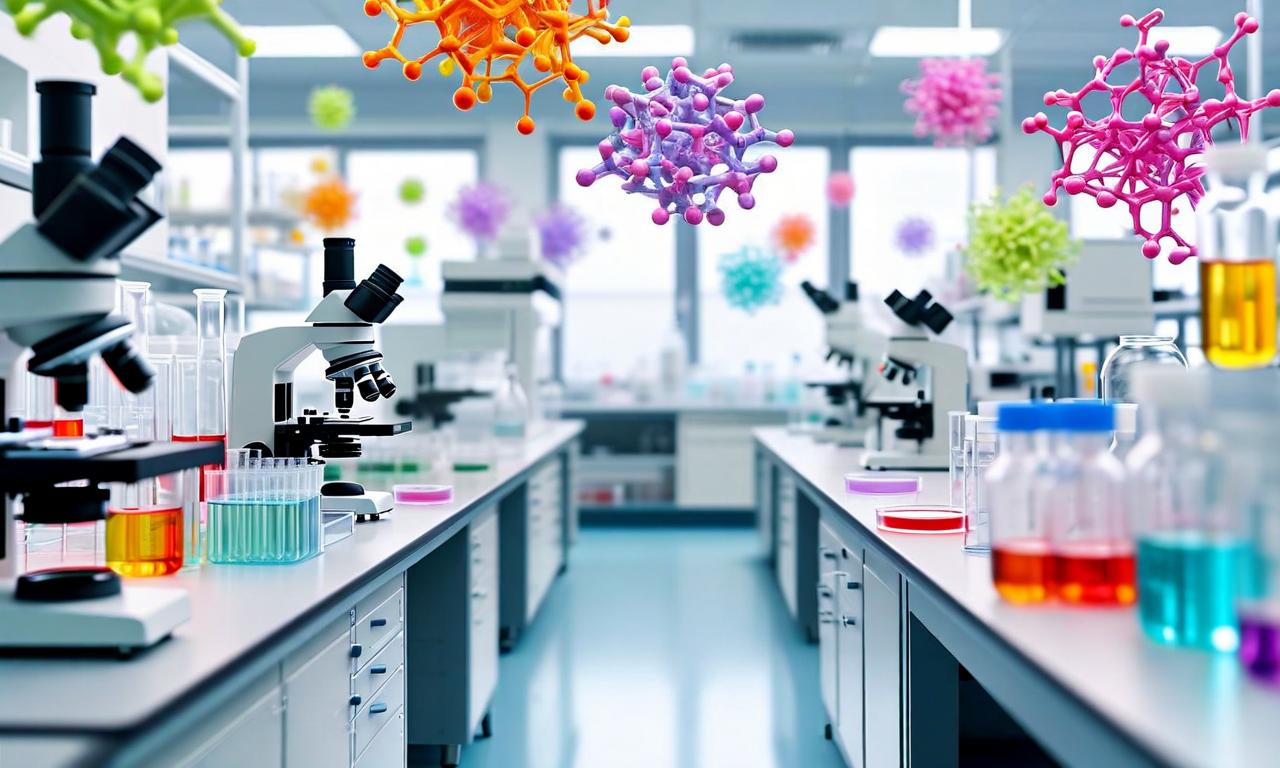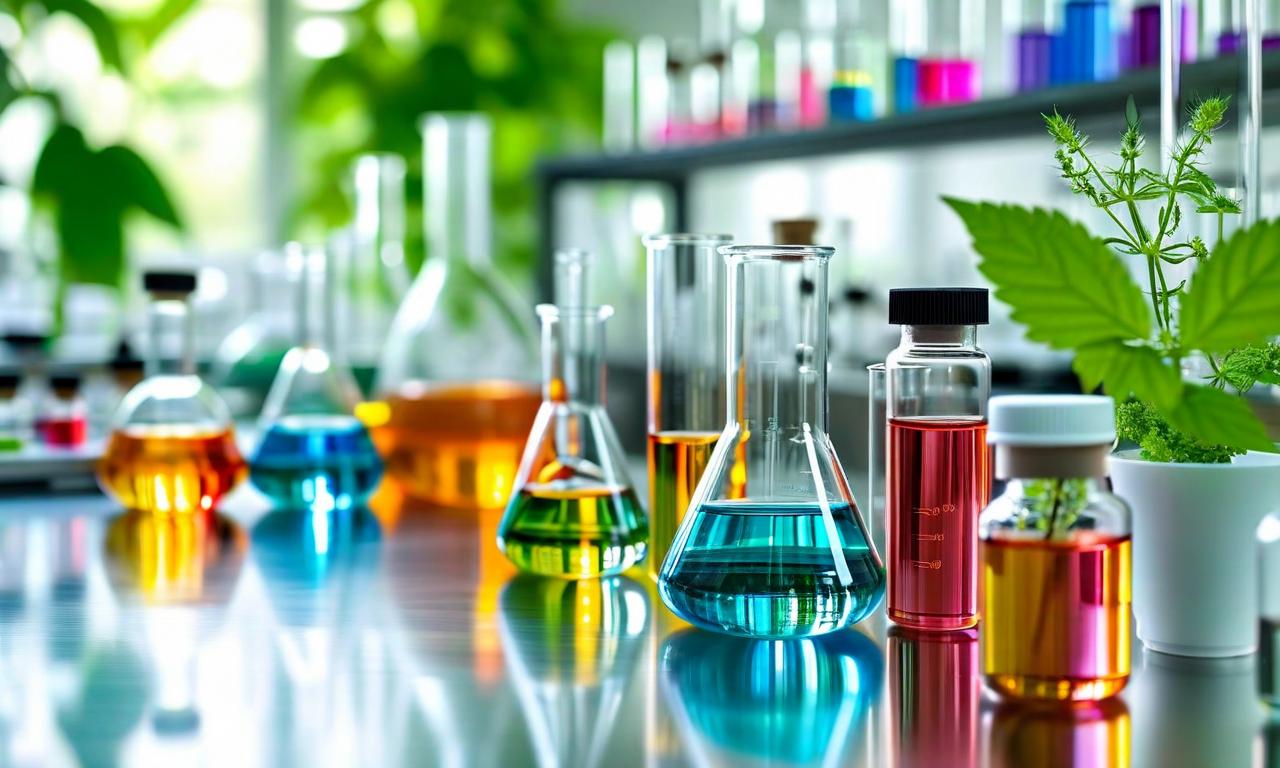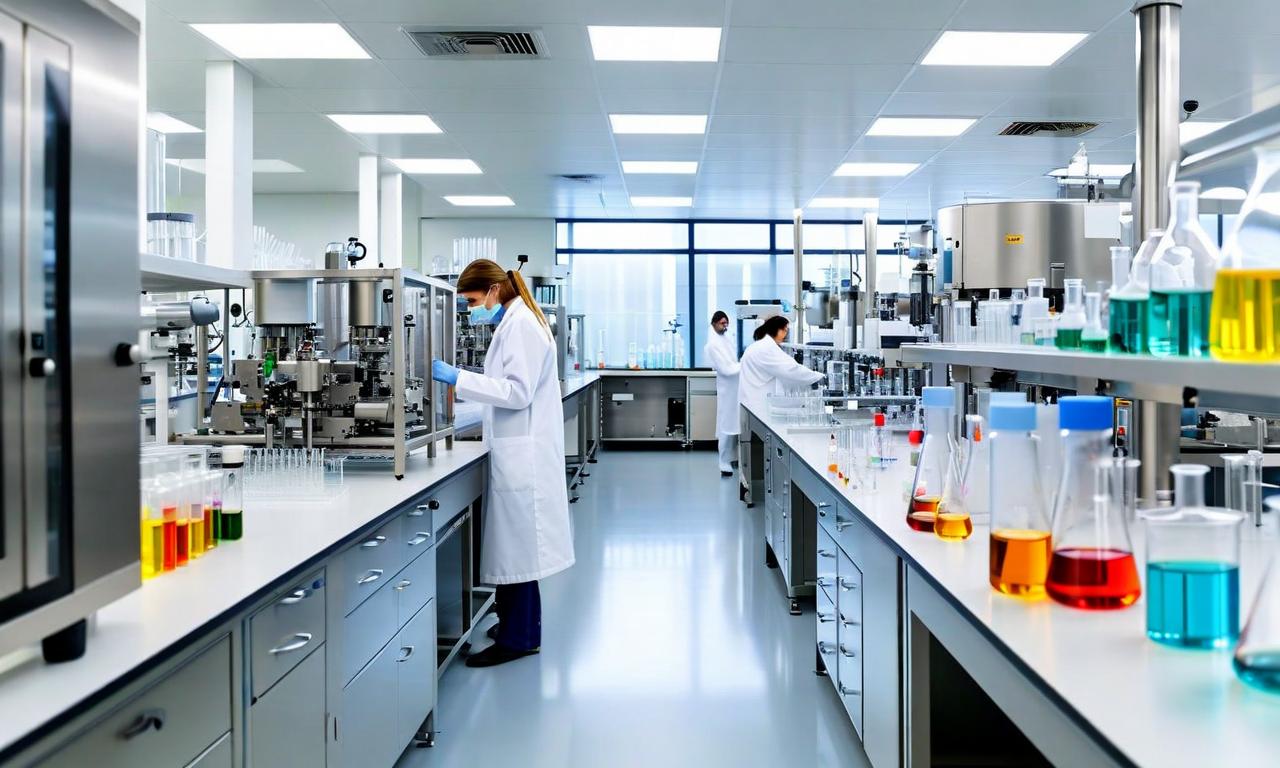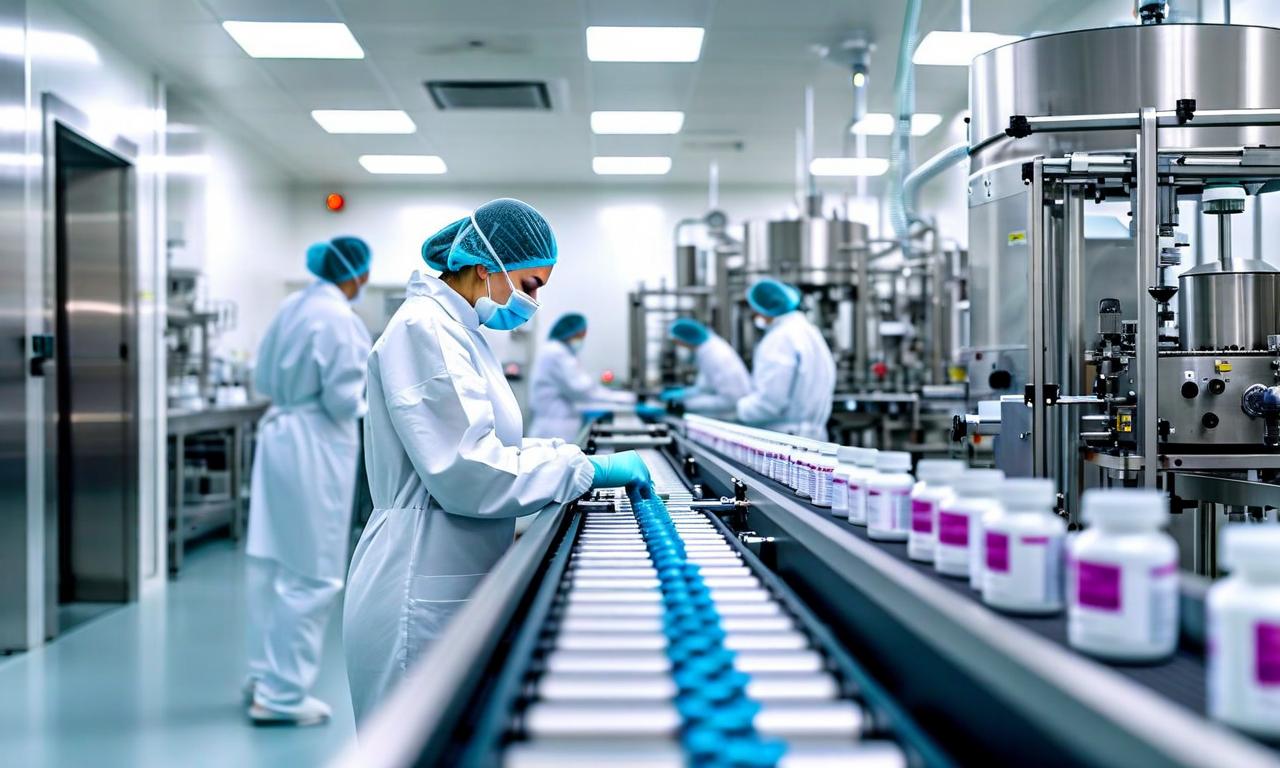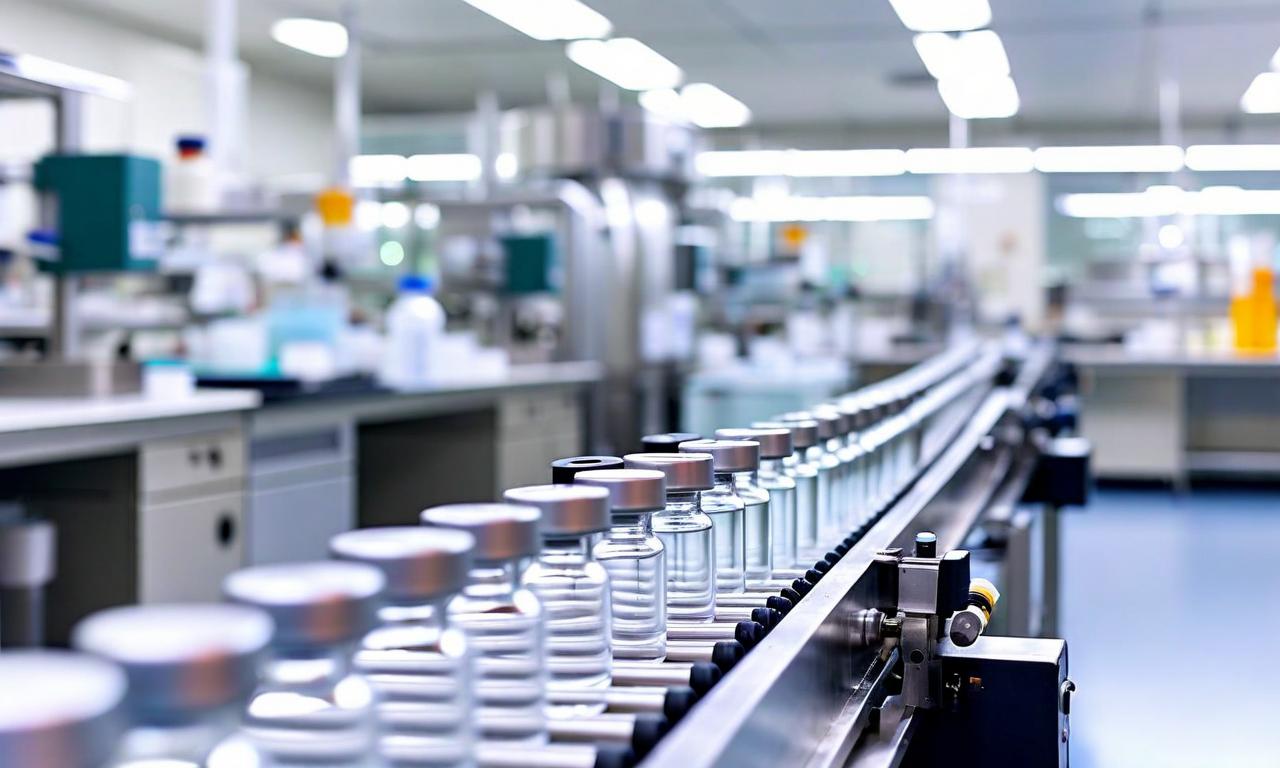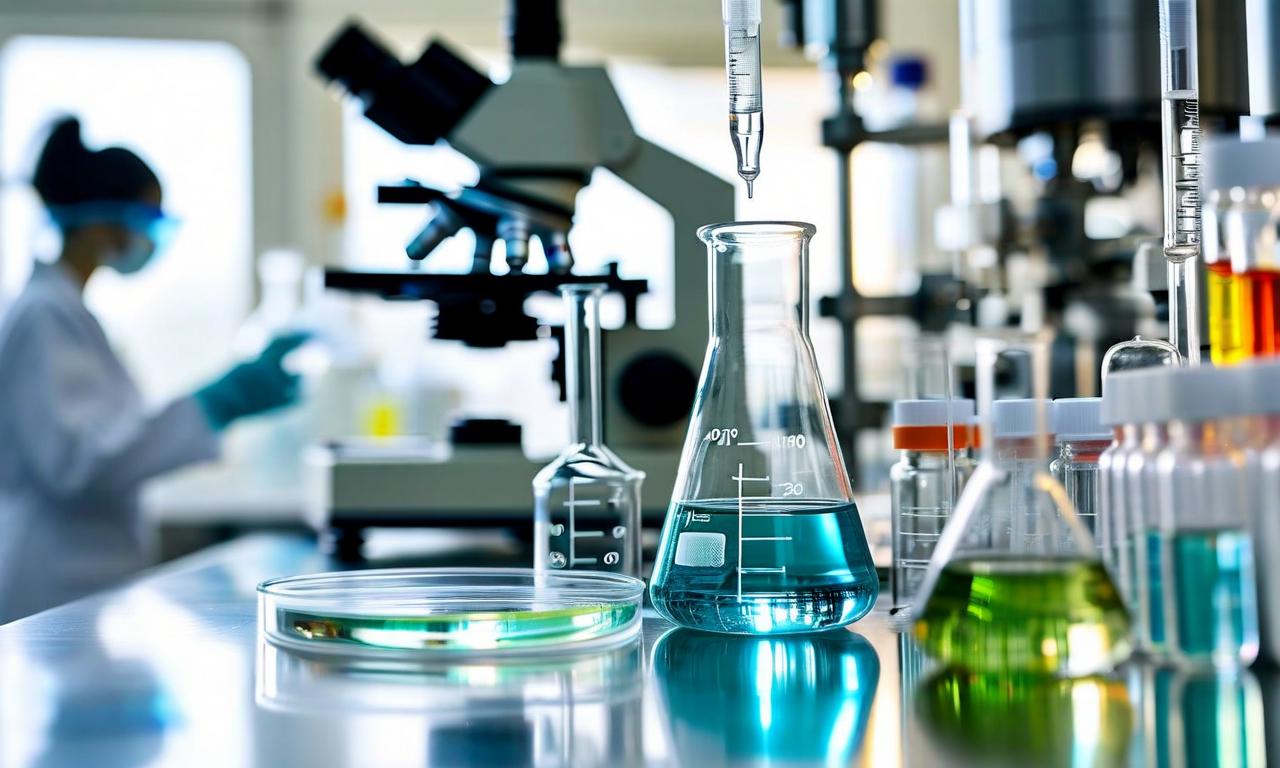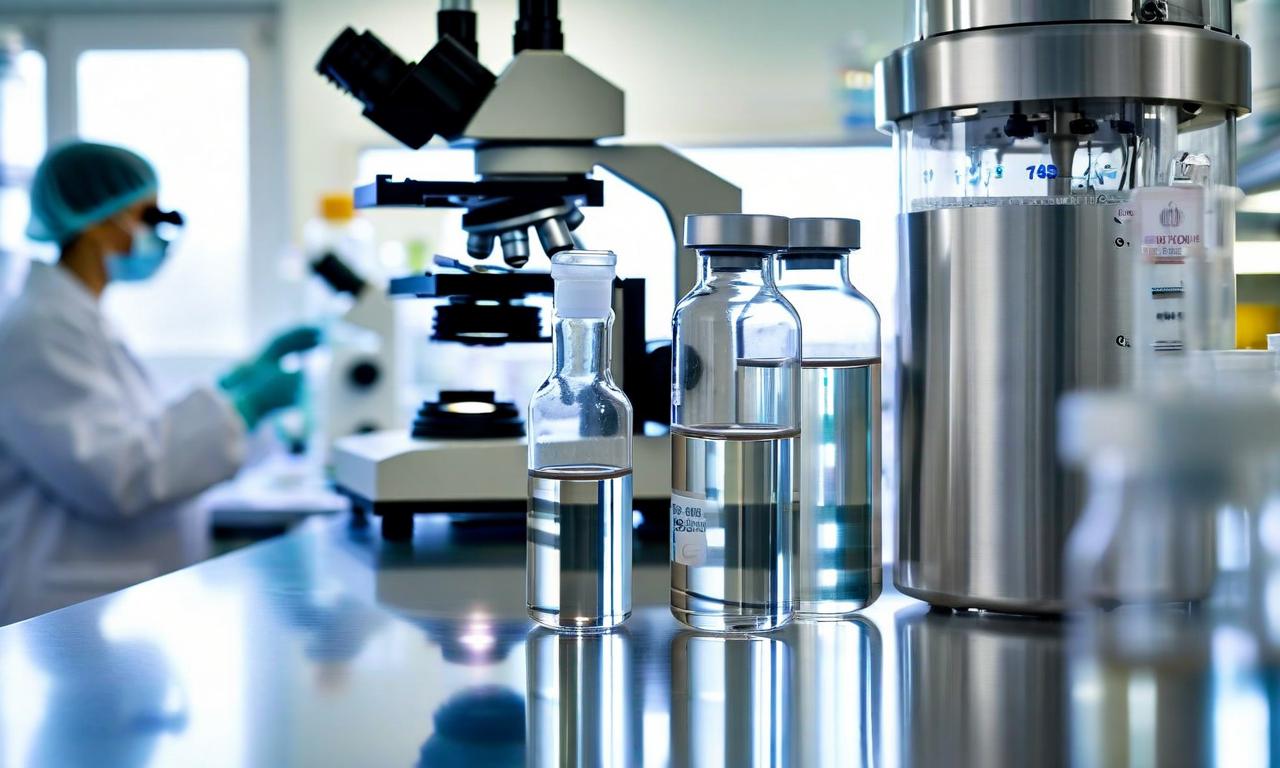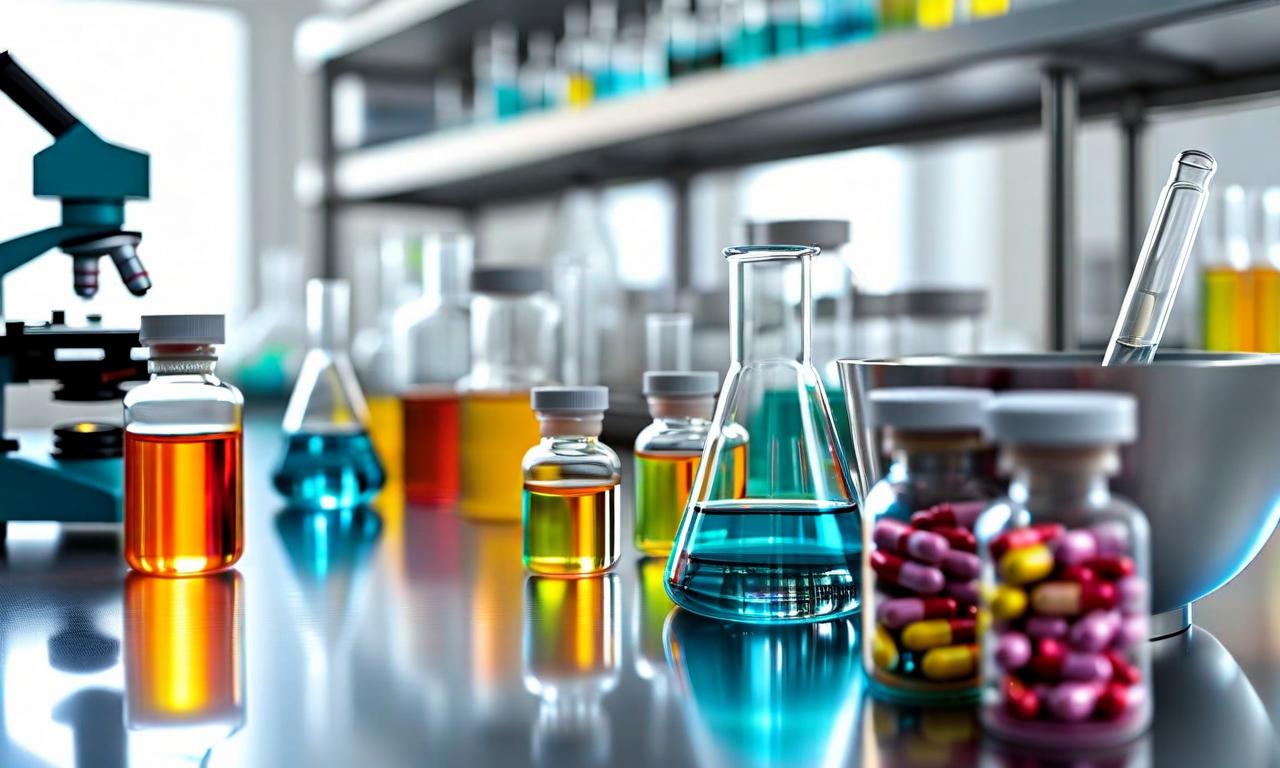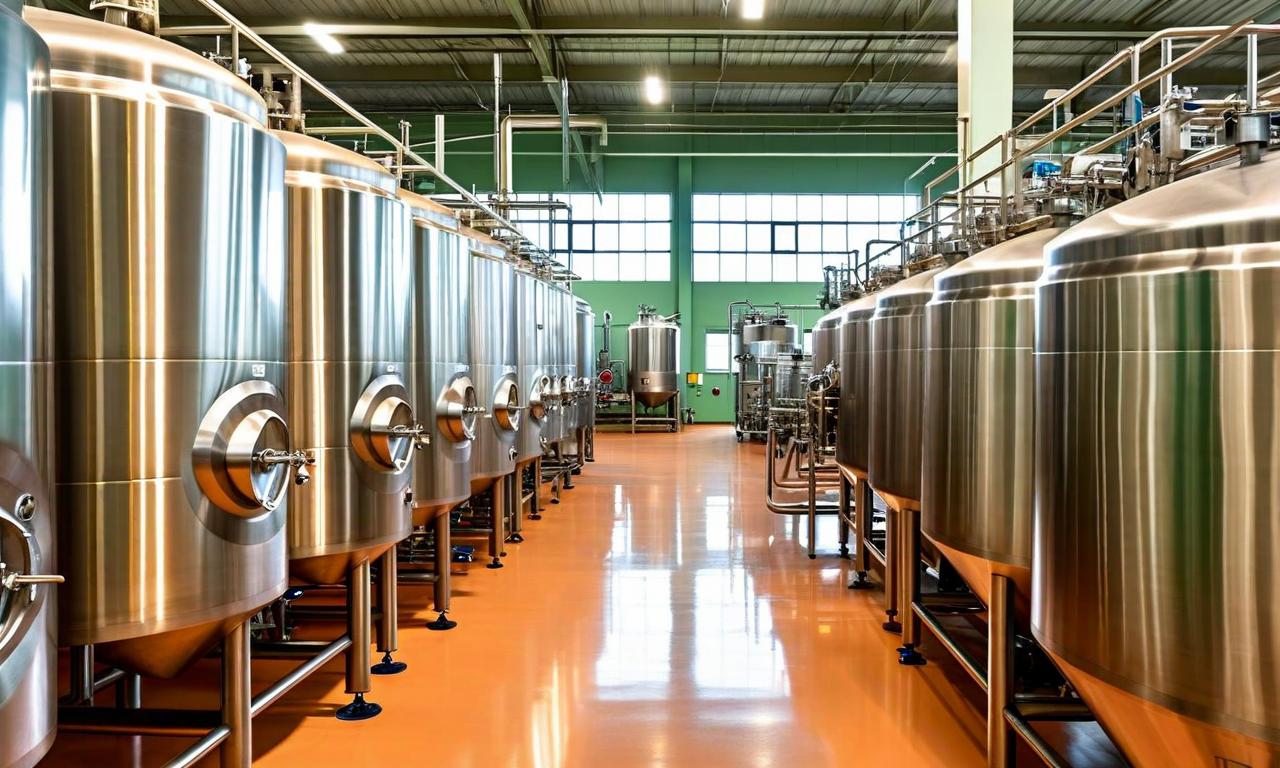Aurobindo Pharma's Denosumab Biosimilar Targets $7 Billion Global Market
Aurobindo Pharma has successfully completed Phase 3 clinical studies for its Denosumab biosimilar, targeting the $7 billion global market for osteoporosis and bone metastasis treatment. The company plans to file for regulatory approvals in the US, EU, and other key markets starting January 2026, with anticipated European approval by end-2026 and US approval in 2027. CEO Satakarni Makkapati expects biosimilars to capture 30-50% of the innovator market between 2025-2030, with initial potential sales of $1.50-1.60 billion, potentially growing to $3.00-4.00 billion by 2030. However, the company faces challenges including potential price erosion and market competition.
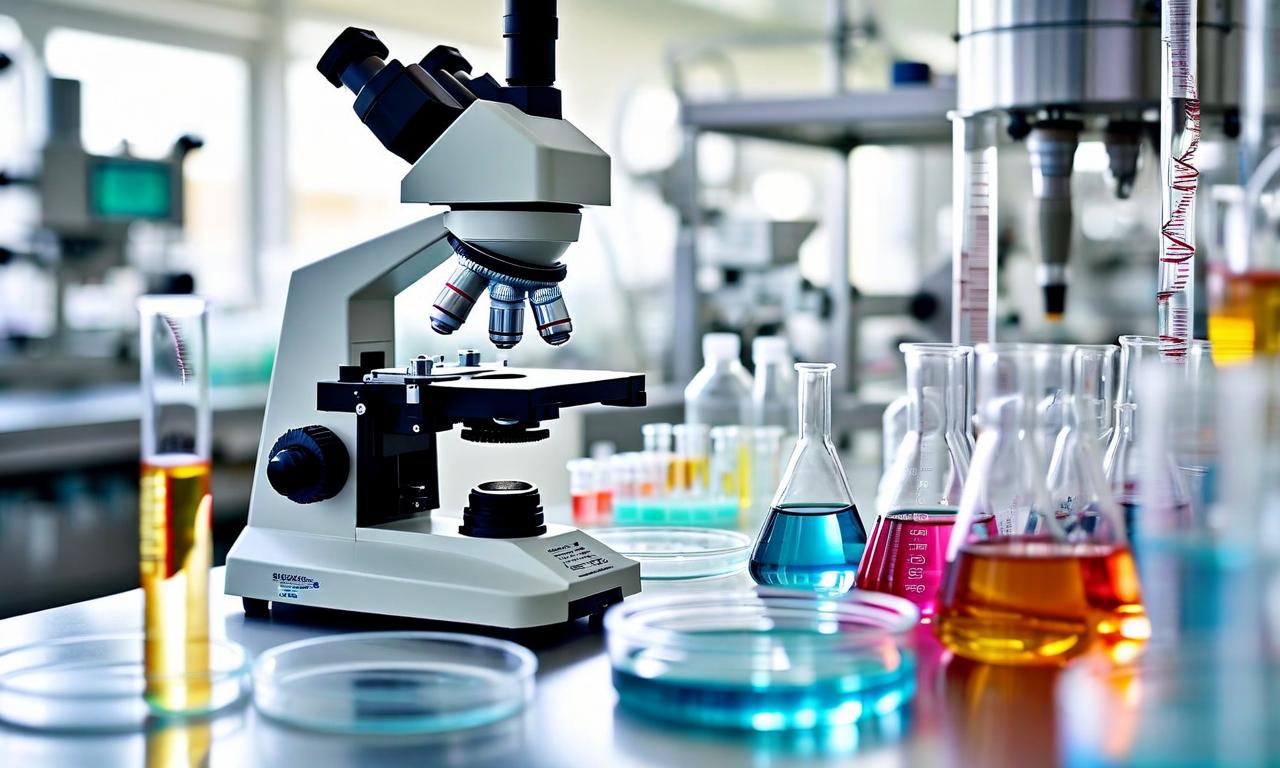
*this image is generated using AI for illustrative purposes only.
Aurobindo Pharma has announced successful Phase 3 clinical study results for its Denosumab biosimilar, marking a significant milestone in the company's pursuit of the lucrative osteoporosis and bone metastasis treatment market. The monoclonal antibody, used to treat these conditions, represents a global market valued at $7.00 billion, with Europe and the United States being key target regions.
Regulatory Timeline and Market Entry
Aurobindo Pharma has outlined an ambitious regulatory strategy for its Denosumab biosimilar:
- Regulatory filings for the US, EU, and other key markets are planned to begin in January 2026.
- The company anticipates European approval by the end of 2026, with an estimated 9-10 month approval window.
- US market approval is targeted for 2027.
Market Potential and Competition
CEO Satakarni Makkapati provided insights into the market landscape for Denosumab:
| Region | Market Value (in billions) |
|---|---|
| Global | $7.00 |
| Europe | $2.20 |
| US | $5.00 |
Makkapati projects significant market penetration for biosimilars:
- Biosimilars are expected to capture 30-50% of the innovator market from late 2025 to 2030.
- Initial potential biosimilar sales are estimated at $1.50-1.60 billion.
- By 2030, the biosimilar market could grow to $3.00-4.00 billion among five to six key players.
Challenges and Outlook
While the market potential is substantial, Makkapati cautioned about potential challenges:
- Competitive pressures could lead to price erosion.
- Market dynamics may result in some players exiting the market.
The success of Aurobindo Pharma's Denosumab biosimilar in Phase 3 clinical studies positions the company to compete in this high-value market. However, the company will need to navigate regulatory approvals and market competition to capitalize on this opportunity.
As the biosimilar market for Denosumab evolves, Aurobindo Pharma's strategic moves and ability to secure approvals in key markets will be crucial factors in determining its share of this multi-billion dollar market.
Historical Stock Returns for Aurobindo Pharma
| 1 Day | 5 Days | 1 Month | 6 Months | 1 Year | 5 Years |
|---|---|---|---|---|---|
| -1.08% | +0.08% | -0.75% | +6.34% | +2.08% | +30.41% |

